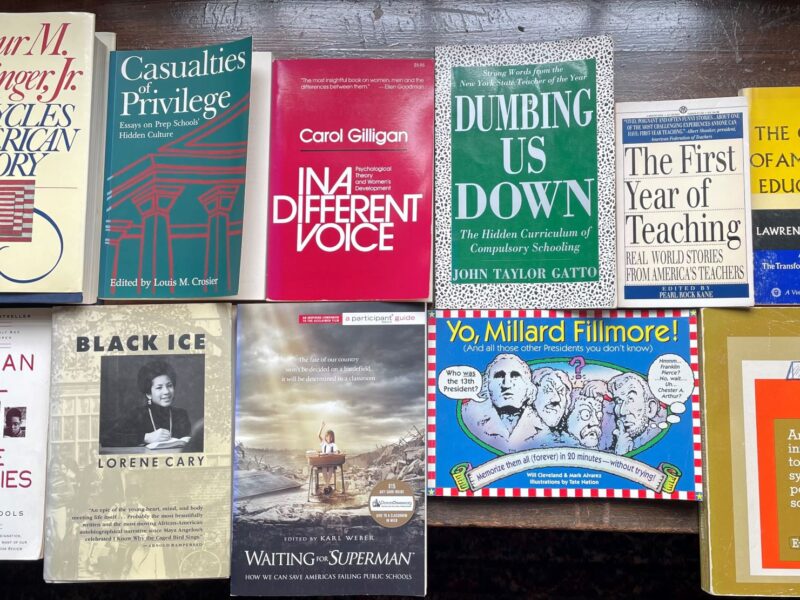In the early 80s I spent two years in the life insurance business in a Boston agency. One day I was cold-calling for appointments and getting beaten up pretty badly on the phone. Having dialed all twenty of the prospects I had been assigned for this particular phoning session, I came away with a whopping total of zero appointments. (I also came away with some nasty insults directed my way… more like, right at me!)
As I was putting on my coat to quit for the day, the phone rang. It was some guy I had called a few weeks earlier. Although I didn’t remember him, I liked what he had to say: “You know, since you called me a few weeks ago, I’ve been thinking, and I’d really like to sit down with you.” We set an appointment and I headed for the elevator with a smile on my face.
Out in the lobby I happened to run into the president of the company and told him my experience. His face lit up and then transitioned to a serious expression as he said, “Malcolm, before I say what I’m going to say, understand that I have a master’s degree in engineering and have long run one of our company’s most successful agencies. But, also understand, there’s no doubt in my mind: if you had not dialed that phone those 20 times, that guy would not have called you.”
The moral of this story? Assume that there is a fundamental relationship between your effort and your luck. And if you don’t want to take my word for it, consider something that Thomas Jefferson said, “I’m a great believer in luck, and I find that the harder I work, the more I have of it.”
Over the years, Hyde has developed a number of concepts to help people get on track with this rule. Ask someone to tell you about “The 1-Thing” and “The Effort Savings Bank.” (In fact, shoot me an email and I’ll send you an explanation… You’re in luck!)
Onward, Malcolm Gauld


